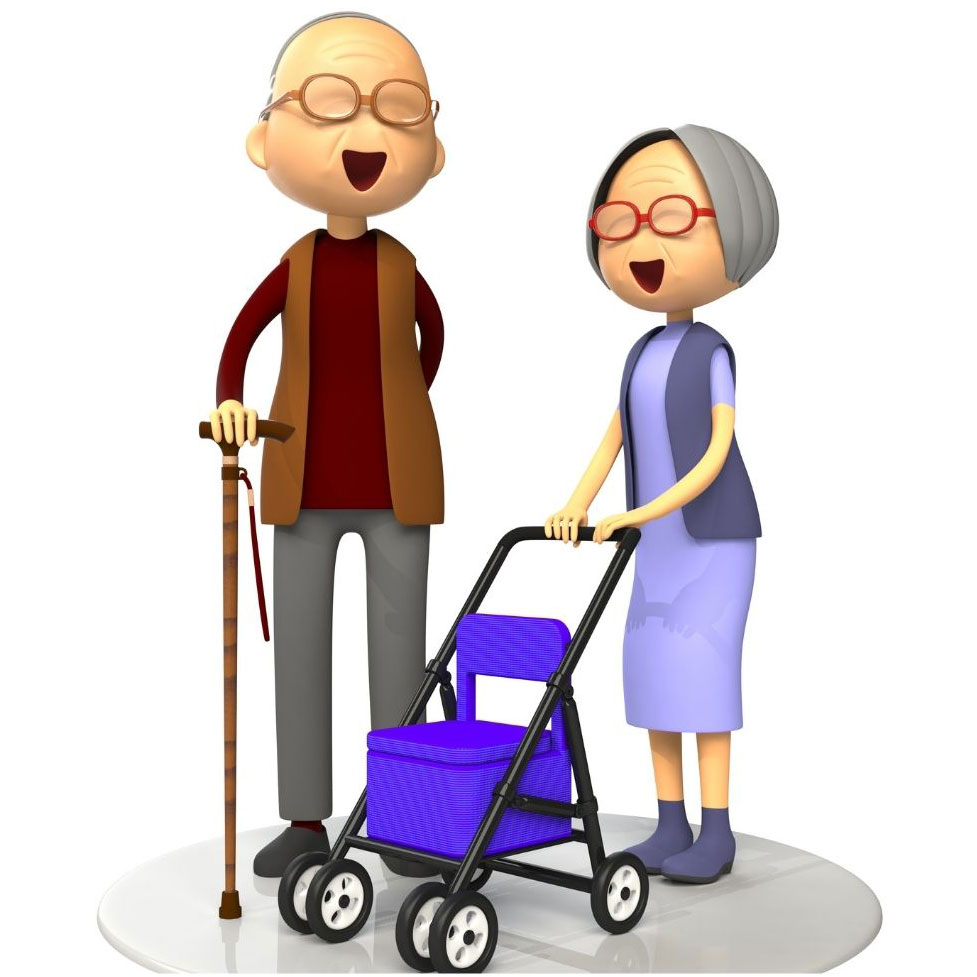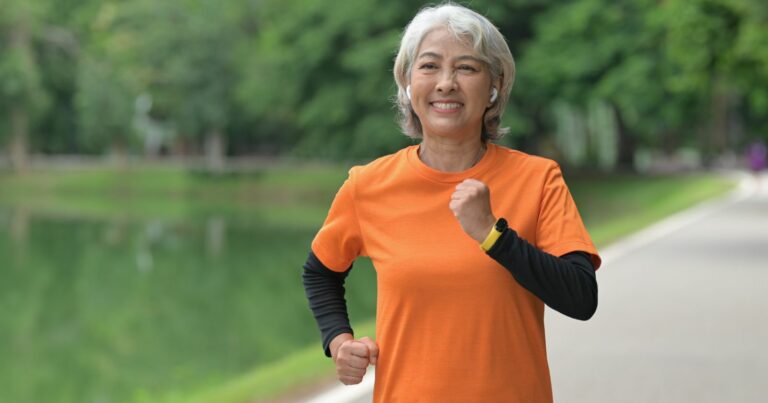Impact Of Beliefs On Health In Older Adults. Hello, it’s Ed here. As a senior myself and someone who has dedicated his life to helping the elderly, I understand the profound impact our beliefs can have on our health. Today, I’m going to delve into the influence of ageism and the role of beliefs on the health of older adults. But why should you trust my insights? Well, I’ve spent years coaching individuals and businesses to higher levels of development, and now I’m using that knowledge to help seniors maintain their independence and enjoy life to the fullest. So, let’s dive in and explore how our beliefs can shape our health outcomes as we age.
Ageism and the Impact of Beliefs on Health in Older Adults
“Food Is Not Just Fuel, It’s Medicine For The Body And Mind.
As we age, proper nutrition becomes even more crucial for maintaining good health and well-being.
Let’s prioritize healthy eating habits and empower seniors to nourish their bodies with the nutrients they need to thrive in their golden years.”
Impact of Beliefs on Health in Older Adults
Ageism
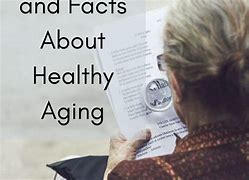
Ageism, or prejudice and discrimination against older adults, is a pervasive and harmful phenomenon that can have significant impacts on their health and well-being. One aspect of ageism that has received increasing attention is the role of beliefs and attitudes about aging and older adults in shaping health outcomes. This thesis explores the impact of ageism on older adults’ health, particularly through the lens of beliefs, and suggests ways to combat ageism and promote positive aging.
Effects On Older Adults
Effects

First of all, it’s important to understand how ageism can affect older adults’ health. Research has shown that ageism can lead to:
- Chronic stress and psychological distress, such as anxiety and depression, which can contribute to physical health problems.
- Poor self-esteem and self-efficacy, which can affect motivation to engage in healthy behaviors and seek medical care.
- Negative stereotypes and biases, which can lead to inadequate or inappropriate treatment from healthcare providers.
- Social isolation and loneliness, which can have numerous negative health effects, from cardiovascular disease to cognitive decline.
Beliefs And Attitudes About Aging
Beliefs
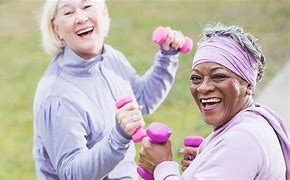
Beliefs and attitudes about aging and older adults can be powerful determinants of ageism and its effects. For example, if someone believes that aging is synonymous with decline, dependence, and burden, they may view older adults as less competent, valuable, and deserving of resources and respect. This can lead to discrimination in various settings, such as employment, housing, and healthcare, and perpetuate negative stereotypes and attitudes. On the other hand, if someone believes that aging is a normal and diverse process that can bring wisdom, experience, and resilience, they may view older adults as assets, mentors, and contributors to society. This can lead to more inclusive and supportive attitudes and practices, and enhance older adults’ well-being.
Tips For Challenging Ageism And Promoting Positive Aging
Tips
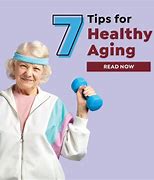
Therefore, it’s crucial to challenge ageism and promote positive aging by addressing beliefs and attitudes. This can involve:
- Educating oneself and others about the diversity and complexity of aging and older adults, and dispelling myths and stereotypes.
- Encouraging intergenerational interactions and learning, to foster mutual respect and understanding.
- Promoting policies and practices that recognize and accommodate the needs and preferences of older adults, such as flexible work arrangements, accessible housing, and age-friendly environments.
- Advocating for age-friendly healthcare, which involves treating older adults as individuals with unique needs and strengths, and providing comprehensive and person-centered care.
- Supporting older adults’ autonomy and agency, by involving them in decision-making and valuing their perspectives and contributions.
Final Thoughts
Final
In conclusion, the impact of beliefs on the health of older adults is a complex and significant issue. Ageism, negative stereotypes, and biases can lead to poor health outcomes, while positive beliefs and attitudes can enhance well-being and promote healthy aging. It’s crucial that we challenge ageism and promote positive aging by addressing these beliefs and attitudes. Remember, our loved ones’ safety and independence are paramount, and changing our beliefs could be a significant step towards achieving that. However, always review your decision to start a new exercise regimen with your doctor or other health care professional. Their personal knowledge of your unique health situation is valuable. As for me, I’ll continue to explore and share insights that can make a difference in the lives of seniors. After all, independence and enjoyment of life are only a belief away.
